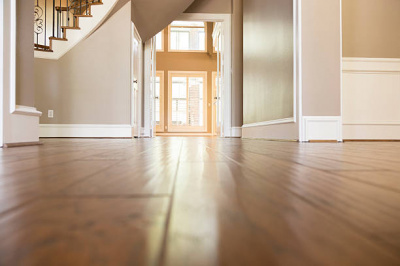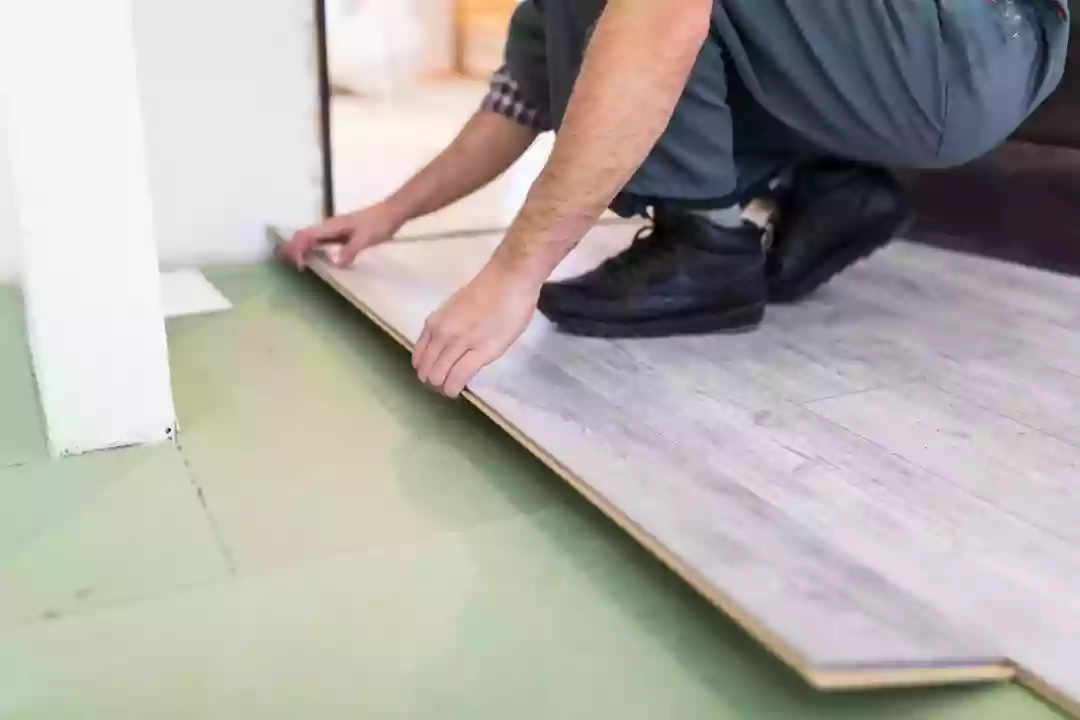Choosing the Wrong Flooring Type
Many homeowners make costly mistakes when it comes to their flooring. By doing a bit of research, homeowners can avoid making these mistakes and ensure their home has beautiful floors that last for years. Here are the biggest flooring mistakes and how to avoid them:
One of the biggest mistakes people make when it comes to flooring is choosing the wrong type for their home. Each room has different requirements such as foot traffic, moisture, and temperature. For example, bathrooms and kitchens require flooring that is waterproof and slip-resistant, while areas like bedrooms often need softer, warmer flooring. Homeowners should always consider the specific requirements for each room and choose the flooring that is suited for the purpose.
Choosing Flooring That’s Not Compatible With Your Lifestyle
Another common mistake people make is choosing flooring that doesn’t match their lifestyle. People with pets may want to avoid carpeting, or those who are looking for low-maintenance flooring should stick to hardwood or laminate. Additionally, people who are prone to allergies might find hardwood flooring to be the most suitable option. Knowing your lifestyle and needs will help you narrow down which type of flooring is right for you.

Need assistance finding flooring near you?
Get a QuoteNot Using an Underlay
Using a quality underlay is key to prolonging the life of your floor. An underlay provides protection, comfort, and insulation. It also helps reduce noise and prevent moisture from seeping through the flooring. When installing laminate, vinyl, or carpet flooring, it’s important to use a high-quality underlay to ensure your flooring last longer and looks better.
Hiring a General Contractor or Handyman Rather Than a Flooring Specialist
When installing new flooring, it’s best to hire a professional flooring specialist. They have the knowledge, experience, and tools necessary to correctly install and finish the flooring so that it looks beautiful and lasts for years. A general contractor or handyman may not have the same level of expertise and could cause costly damages if not done correctly.
Not Allowing for Expansion and Contraction
Proper expansion and contraction allowances should always be considered when installing any type of flooring. This is especially important for wood and laminate flooring, which can expand and contract due to changes in temperature, humidity, and moisture. To help protect the flooring, the manufacturer’s recommended expansion gaps should be taken into account when installing the flooring.
In this article:
